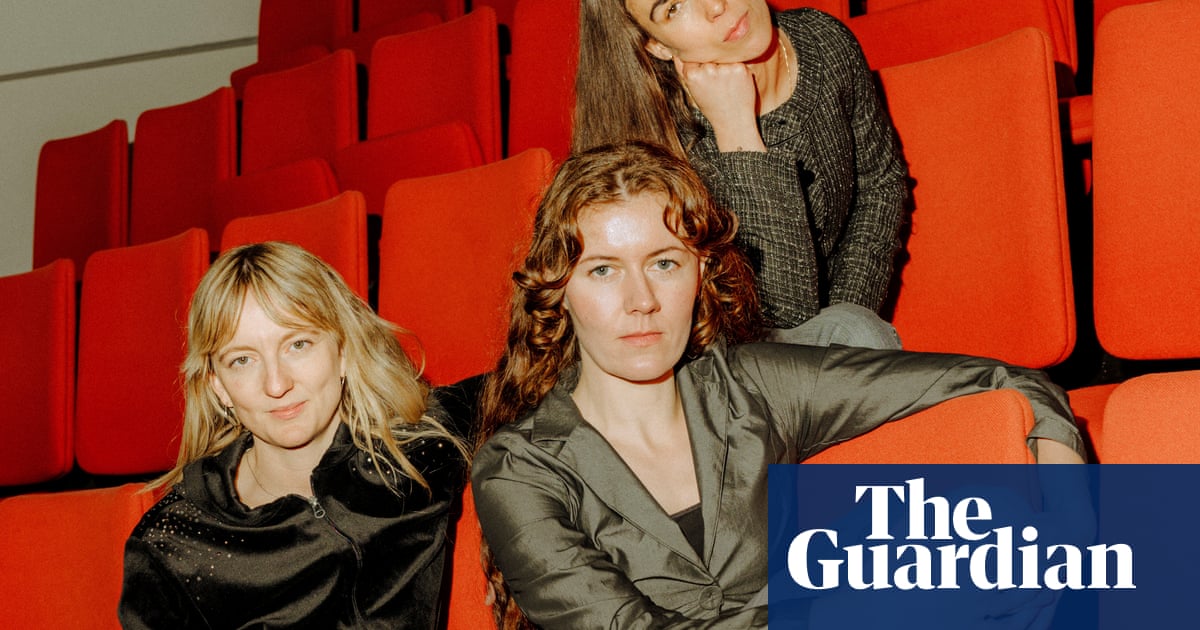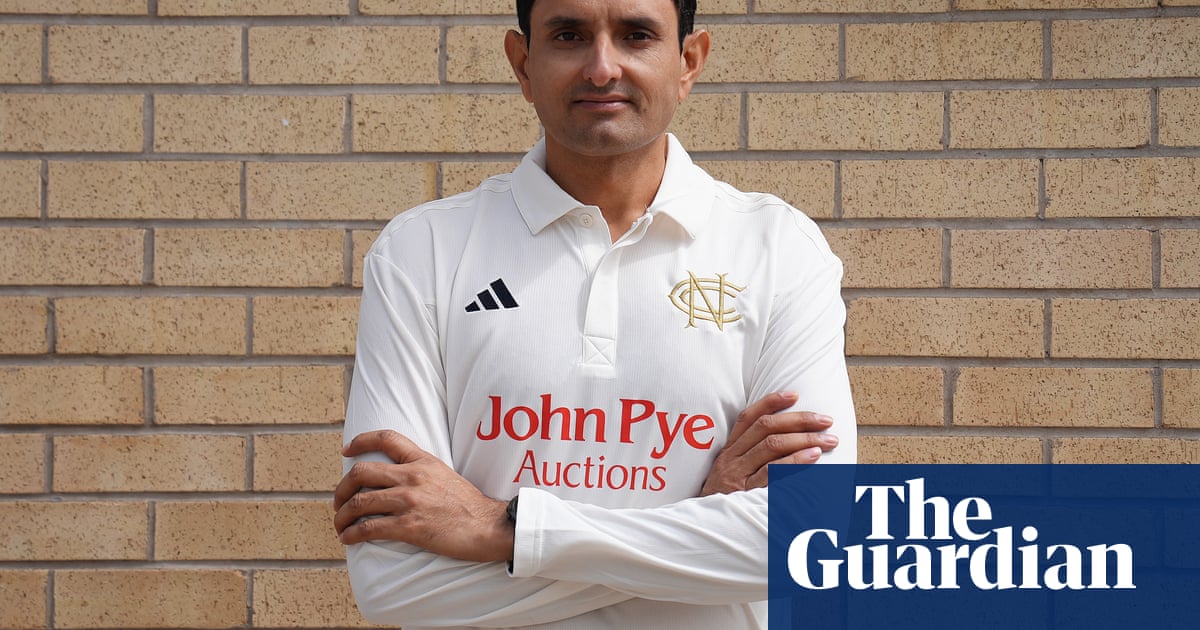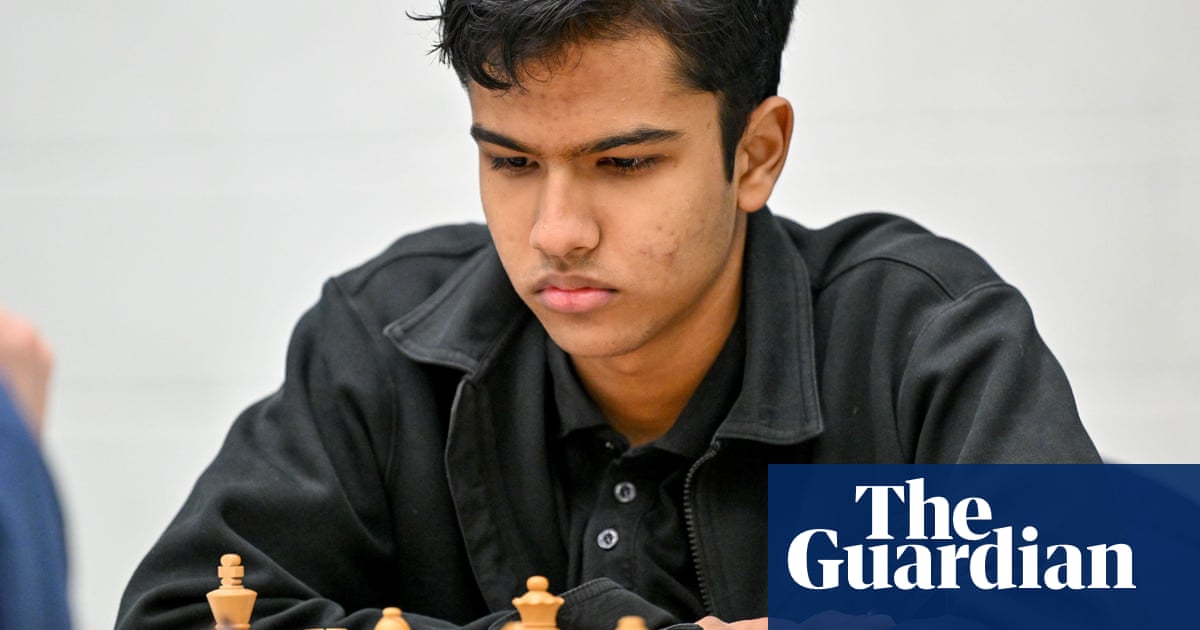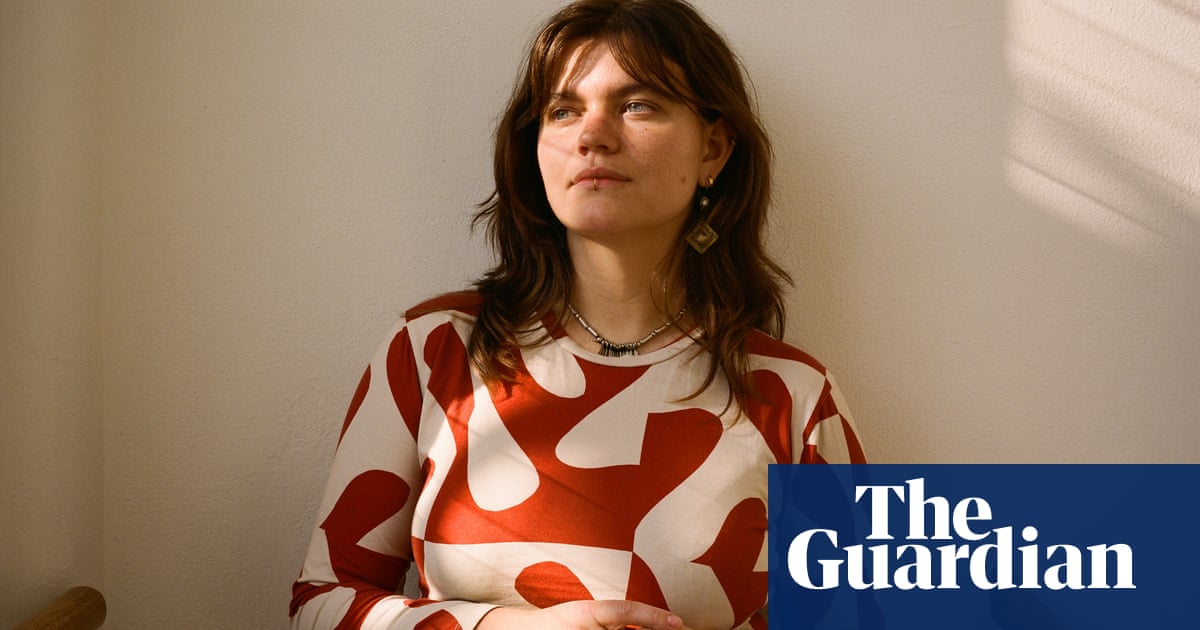The Telepathy Tapes Ky Dickens
Self Help Scottee
Thinking Allowed: Playgrounds Radio 4/BBC Sounds
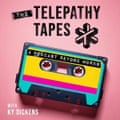
When I was little, my favourite book was Mysteries of the Unknown, and one of the strangenesses it featured was spontaneous combustion. In it, there was a picture of a pair of shoes in front of a blackened armchair; in my mind’s eye the shoes are still smoking. Whatever happened to spontaneous combustion? It seems to be less of a concern these days, as smoking has dropped out of fashion and sitting-room suites become less flammable.
Another of my faves was telepathy. I really wanted to move inanimate objects through the power of my mind, but I’d have settled for telling friends jokes during lessons without having to write a note.
Mistakenly, I thought that telepathy, too, had fallen out of fashion now that texting is around. More fool me: The Telepathy Tapes podcast is proving exceptionally popular, a chart-topper since it came out last year. It’s a 10-parter, presented by American documentary film-maker Ky Dickens, that seeks to investigate numerous incidents of non-verbal children with autism who read other people’s minds. Well, I say investigate. You could call it something different. You know how Danny Robins’s show Uncanny has two experts, a believer and a sceptic? There are no sceptics here.
The real-life tales are very similar. Because a child is non-verbal it’s assumed that they’re not clever, but when given a way to communicate – an iPad; a special spelling board – they reveal themselves to be hugely intelligent. And then, gradually, it becomes apparent that they can read their carer’s mind, to the extent of reporting back what the carer has been doing all day, even though they weren’t together. (It’s usually the mum; very few of the children can read anyone else’s mind.)
We meet several of these kids: Mia, Akhil, Hayley. They come from all over the world. Dickens goes to great lengths to set up untrickable tests – buys her own number generator, covers mirrors, uses a lot of GoPro cameras – yet we hear the children guessing numbers, letters and Uno cards correctly, or being blindfolded and sorting coloured ice-lolly sticks into the right piles. Sceptics are convinced; scientists measure brain activity; someone talks about universal consciousness and how not speaking “turns down the chatter of the mind”. It’s all very persuasive and enjoyable.
But that doesn’t make it true. Just a little background reading reveals that the main scientists consulted have been dismissed as cranks (Dickens: “Gallileo wasn’t believed at first!”); that the reading boards used are easy to manipulate; that parents often unconsciously “tell” their child the answers. There are many parents of children with non-verbal ASD who know their child so well that they have an uncanny understanding of what their child needs or is communicating. But that isn’t telepathy. “This research could completely shift our paradigm!” says Dickens, while charging $9.99 on her website to see the film of the tests (she’s raising money for a TV doc). Hmm. Despite all the warmth of The Telepathy Tapes, it leaves a remarkably nasty taste.

Wishful thinking isn’t something in which podcaster and performer Scottee indulges. Softness, he likes, and care, and fun. (As I write this, I remember that Scottee himself has autism. He is a brilliant communicator.) Last week saw the final episode of his second Self Help podcast series, a new year’s set of musings where he tramps around the countryside saying his thoughts out loud, including “this is only a podcast, pal, there are other things that you could listen to”, and “self-help, an amateur’s guide to staying alive”. He ponders nature versus nurture and whether we need our artists to be mad. Last week’s episode, Unaliving, concerns suicide, though Scottee is very careful not to “talk through the how”. It’s another great, original series from him, one that might get you to rise from your January duvet of despair and stride out into the big wide world.
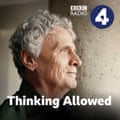
And here’s another smallish but uplifting programme. Last week’s episode of Radio 4’s Thinking Allowed discussed the history of playgrounds. It’s been a while since I listened to the show: Laurie Taylor’s voice is noticeably older these days, but his mind is as sharp and curious as ever. I loved hearing about adventure playgrounds: how they were originally called junk playgrounds; how they came into being after the second world war and were something of a social experiment, a way to keep boys aged 14 and 15 away from what was then called “juvenile delinquency”. Ben Highmore, a professor from the University of Sussex, was the expert (he’s written a book on the subject) and was extremely interesting throughout.
“Adventure playgrounds provided a space where normal adventurous play could be carried out without getting into trouble with the police,” he said. I love that. Crucially, there were often one or two youth workers in the playgrounds too, who stopped bullying as well as preventeing the authorities (police, truancy inspectors) from coming in and removing the kids.
Why aren’t there so many adventure playgrounds now? Highmore answered straightforwardly. It was, he said, the policies of “the coalition government of 2010”. Austerity, so much to answer for.

.png) 3 months ago
39
3 months ago
39








